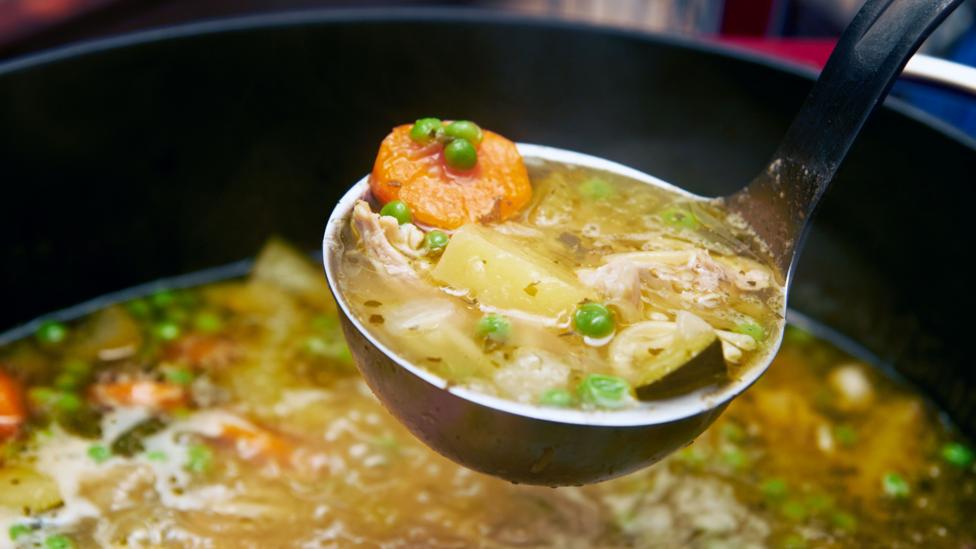
From orange juice to zinc lozenges, chicken soup to garlic capsules, there are plenty of home remedies for the common cold. But is there any evidence that they work?
A
As many countries urge populations to stay at home, many of us are paying more attention to our diets and how the food we eat can support our health. To help sort out the fact from the fiction, BBC Future is updating some of our most popular nutrition stories from our archive.
Our colleagues at BBC Good Food are focusing on practical solutions for ingredient swaps, nutritious storecupboard recipes and all aspects of cooking and eating during lockdown.
There are few experiences as universal as catching a cold. And while there are around 200 viruses that cause it, there seem to be almost as many home remedies to combat it.
But do any of them work?
At the core of any home remedy is the idea that it bolsters our immune system. When a virus enters our bodies, it comes up against two systems of defence: the innate immune system tries to flush invading cells out, while the adaptive system targets specific pathogens that the body already has had contact with and creates memory cells of new ones, so the body can fight them off if they return. This is why we tend to get chicken pox only once, whereas the common cold – which changes its appearance as it passes from one person to the next, confusing our memory cells – is something we can experience dozens of times.
You might also like:
• Why vitamin pills may be bad for you
• Should everyone be taking vitamin D?
• Do’s and don’ts for common colds
• Why vitamin pills may be bad for you
• Should everyone be taking vitamin D?
• Do’s and don’ts for common colds
It’s well-known that both lifestyle habits and diet affect the strength of our immune systems.
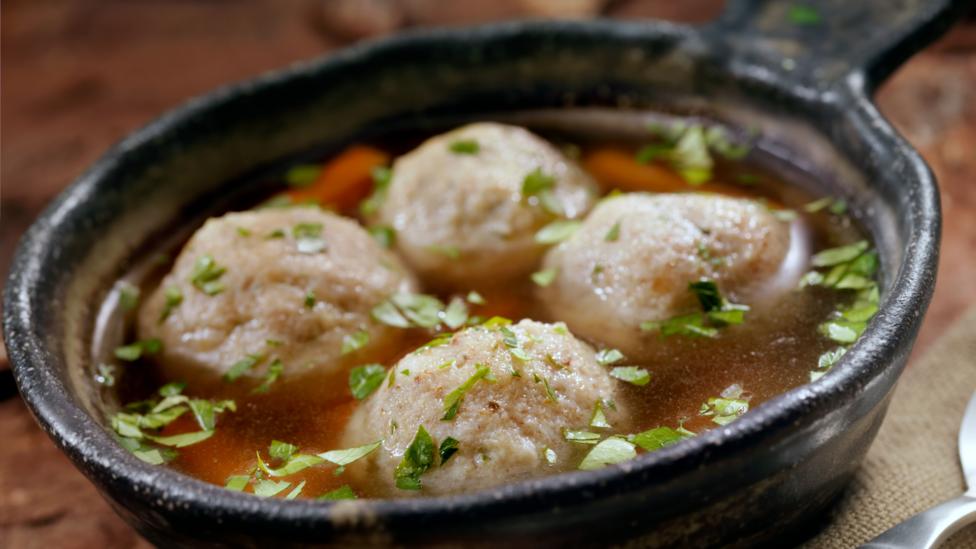
We know that our diet affects our immune system (Credit: Getty)
But because the immune system is only impaired in otherwise healthy people when we have a vitamin or mineral deficiency, supplementing our diets with so-called cold-busting foods will make little difference if we already have a relatively good diet, says Charles Bangham, head of the Division of Infectious Diseases at Imperial College London.
“Only if you’re short of a vital nutrient, such as vitamin, zinc or iron, will supplementing that particular item be very helpful. But if you eat a balanced diet, adding more of these things doesn’t make the immune system any more efficient,” he says.
It should also be pointed out that many of the same remedies we're told can cure the common cold are also being circulated on social media with the promise that they can keep us safe during the current virus pandemic.
Supplement solution
Studies looking into cures for the common cold have found that they can make a difference.
The vast majority of these studies concentrate on supplements, rather than food – in fact, no reliable research has been done on whether a popular cure like chicken soup actually makes a difference.
But one supplement that may help is popular home remedy garlic. In one small study, 146 healthy adults were given either a placebo or a daily garlic supplement for 12 weeks over winter. The placebo group contracted 65 colds, resulting in 366 days of sickness – whereas those who had garlic supplements only contracted 24 colds, with 111 days of sickness between them.

One small study found that, compared to a placebo, a garlic supplement led to fewer colds (Credit: Getty)
One review on vitamin C supplements didn’t find that supplements greatly reduce the risk of getting colds
Another supplement many people reach for when they feel cold symptoms is vitamin C. Some research suggests it too can help – though not as much as you might think. One review analysing 29 studies on vitamin C supplements didn’t find that supplements greatly reduce the risk of getting colds, or that they alleviate symptoms. But it did find that children saw a 14% reduction in the length of their colds; in adults, the reduction was 8%. Researchers concluded that since the supplements are low-risk, it may be worthwhile trying them to see if they can help.
Orange juice may be less useful: there is no robust evidence that orange juice helps prevent colds, alleviate symptoms or reduce a cold’s length. This is because it doesn’t contain high enough doses of vitamin C to have the same impact as daily supplements, says Harri Hemilä, a public health researcher at the University of Helsinki and author of the vitamin C supplements review. A standard small bottle of fresh orange juice has around 72mg of vitamin C, according to the US Department of Agriculture – that’s more than the recommended daily minimum of 40mg, but still less than many supplements.
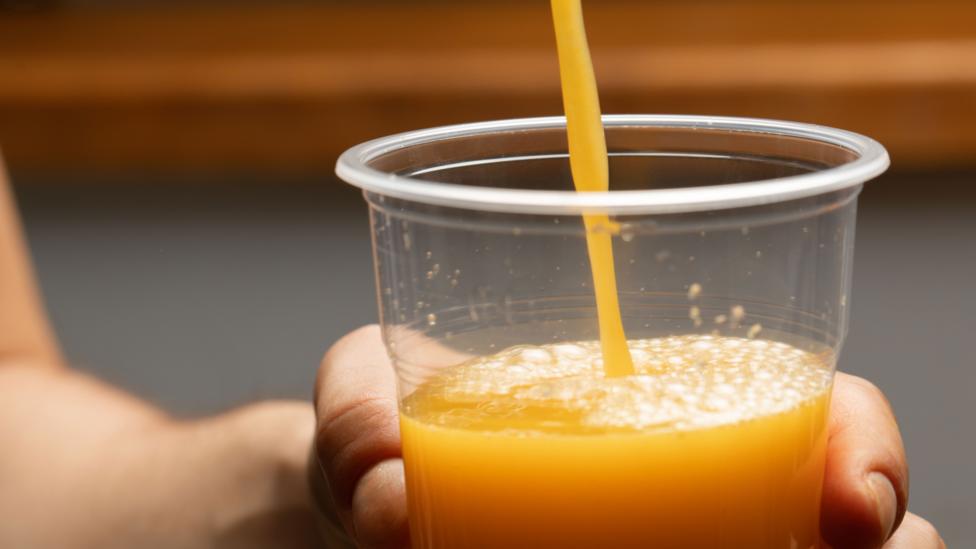
Orange juice is unlikely to make a difference in preventing or alleviating a cold (Credit: Getty)
Then there’s zinc. One review examining the effectiveness of daily zinc acetate lozenges on the common cold found that they shortened the duration of runny and blocked noses by around a third, plus led to 22% less sneezing and almost half as much coughing.
The study concluded that if started within 24 hours of the first symptoms, 80mg daily zinc acetate lozenges may help treat the common cold.
Patients with a cold who were given zinc lozenges recovered three times faster
However, Hemilä argues it’s more accurate to study recovering from a cold fully, rather than measuring symptom duration – which avoids data being affected by people dropping out of the study before fully recovering from their cold, and to avoid those with extended colds skewing the findings. His study of 199 common cold patients found that those with a cold who were given zinc lozenges recovered three times faster.
Often, scientists say that vitamins and minerals are best consumed through foods, rather than supplements – though they point out that, as with vitamin C, it’s often easier to get high doses of a vitamin through supplements.

Zinc lozenges may help curtail the pain of a cold – if they’re started within 24 hours of having symptoms (Credit: Getty)
For zinc, however, the opposite is true. In order to be effective against colds, zinc must come from lozenges and not from ordinary zinc tablets or zinc-rich foods, Hemilä says.
“Zinc lozenges are slowly dissolved in the throat region and the effect of zinc is local,” he says. “We don’t know what the biochemical mechanism of this effect is. But studies finding zinc lozenges to be effective used large lozenges that have dissolved for up to 30 minutes in the mouth.”
Cold comfort
Still, one complication is that researchers haven’t tended to look at whether people were deficient in something like vitamin C or zinc before they started a regimen. So, any cold-fighting benefit might be down to the fact that by taking a supplement, some participants were correcting a deficiency, rather than the supplement making a difference for already healthy people.
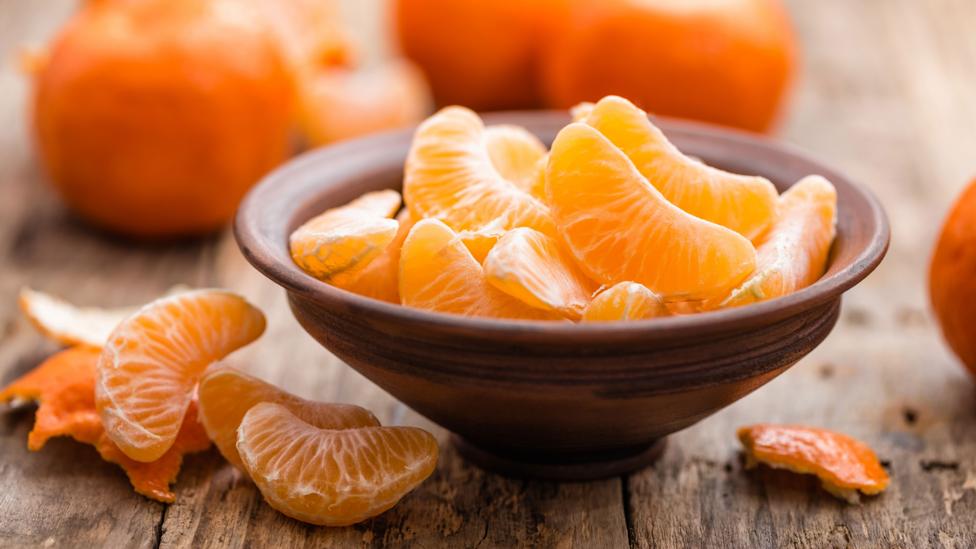
If studies of vitamin C show it’s helpful in fighting a cold, it may be because participants were previously deficient (Credit: Getty)
Another complication is the power of placebo. Of course, many studies, like that on garlic supplements, do control with a placebo-only group – so the effect for those isn’t down to placebo alone.
But if we swear that something for which there’s limited or no scientific evidence, like chicken soup or orange juice, really cures us, it may be down to placebo. Placebos have been found to be effective in alleviating many symptoms, from pain to irritable bowel syndrome, although the reasons why aren’t yet fully understood. And whether for vitamin C or chicken soup, the placebo effect alone could help us get over a cold.
People who believed in the alleged cold-fighting properties of echinacea experienced milder and shorter colds when taking daily doses, compared to than those who didn’t believe in it
One study found that people who believed in the alleged cold-fighting properties of herbal remedy echinacea experienced milder and shorter colds when taking daily doses, compared to than those who didn’t believe in it. Previous studies in which participants weren't aware they were getting echinacea weren't shown to improve cold symptoms.
It works the other way, too. Milk has long been thought to worsen mucus production when we have a cold, although this has now been debunked. But one study found that people who believed that milk causes mucus reported more respiratory symptoms after drinking it. (Find out more in our BBC Future story Should you avoid dairy when you have a cold?).
While placebos are usually administered by doctors in clinical trials, the placebo power of home remedies can come from our everyday lives, says Felicity Bishop, associate professor of health psychology at the University of Southampton.
“Studies show the power of the placebo pill comes from a trusted relationship between patients and healthcare professionals, someone who is caring and can offer treatments with confidence,” she says. “And this is kind of what parents do when we’re young. It’s the nature of the relationship is important, rather than who that person is.”

If we learn from our families that chicken soup helps with a cold from our families, then it really can help us, thanks to the power of placebo (Credit: Getty)
As well as trusted friends and family, the placebo effect could also be strengthened by how foods are marketed, Bishop adds.
The good news? Knowing that home remedies are placebos won’t necessarily stop them from alleviating our symptoms. “Open-label placebos, when a doctor tells the patient something is a placebo but that it’s helped some people, can still make patients better,” she says.
Another effect could be the comfort induced by such foods. Dietician Sarah Schenker says the comfort of having chicken soup, for example, could help someone with a cold to feel slightly better.
Rather than how much vitamin C we stock up on, the chances of being able to stave off bugs in winter depends largely on the individual – including how much we believe in placebos, but also because of our genes.
Some people’s genes make them particularly susceptible to certain diseases – Sarah Schenker
“Some people’s genes make them particularly susceptible to certain diseases. It’s much more important to realise we all differ genetically from one another – when some people have the flu, they don’t realise they’ve got it, while others get a very serious disease. This is partly determined by your genes, which have much more of an impact.”
For the majority of us with healthy immune systems, we can do little more than rely on the power of placebos to get over winter bugs… though popping some zinc or garlic supplements might help too.
If you liked this story, sign up for the weekly bbc.com features newsletter, called “If You Only Read 6 Things This Week”. A handpicked selection of stories from BBC Future, Culture, Capital, and Travel, delivered to your inbox every Friday.
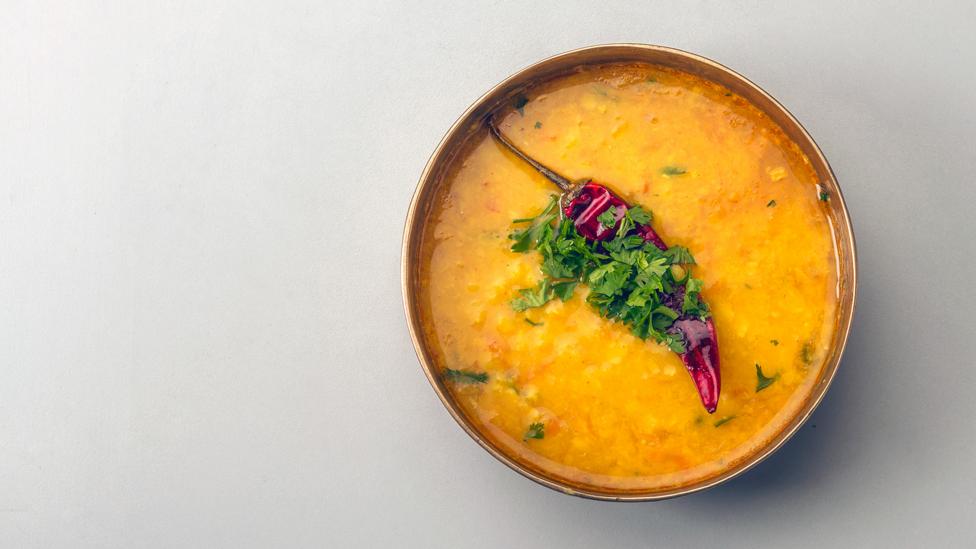
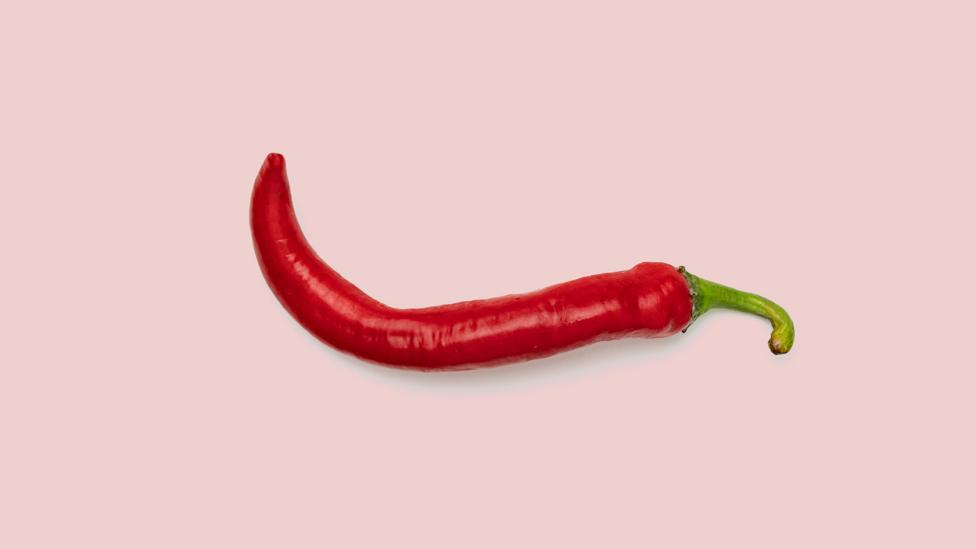
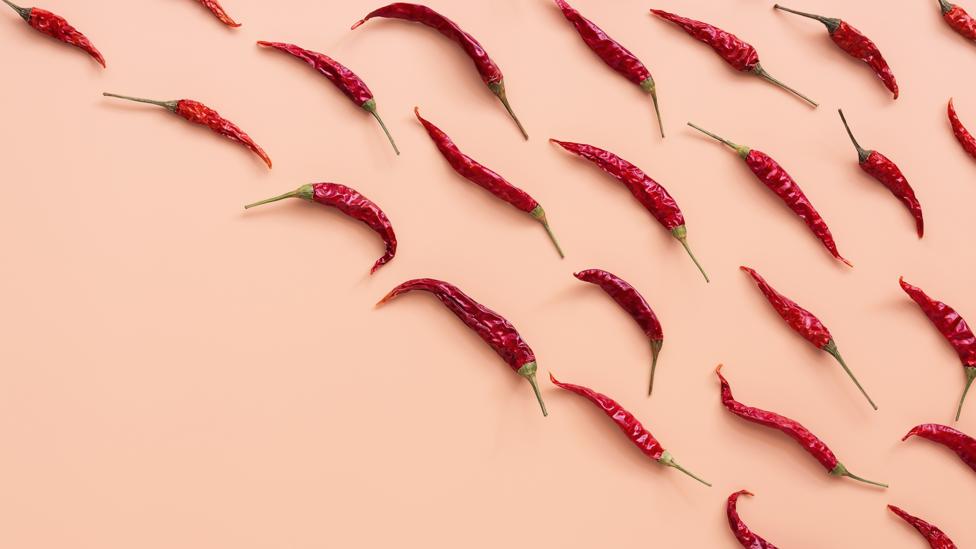
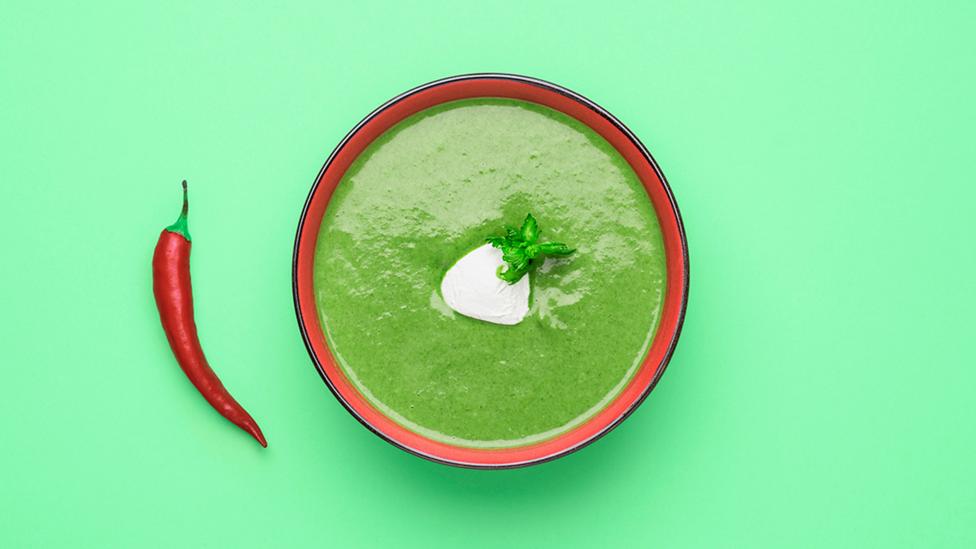
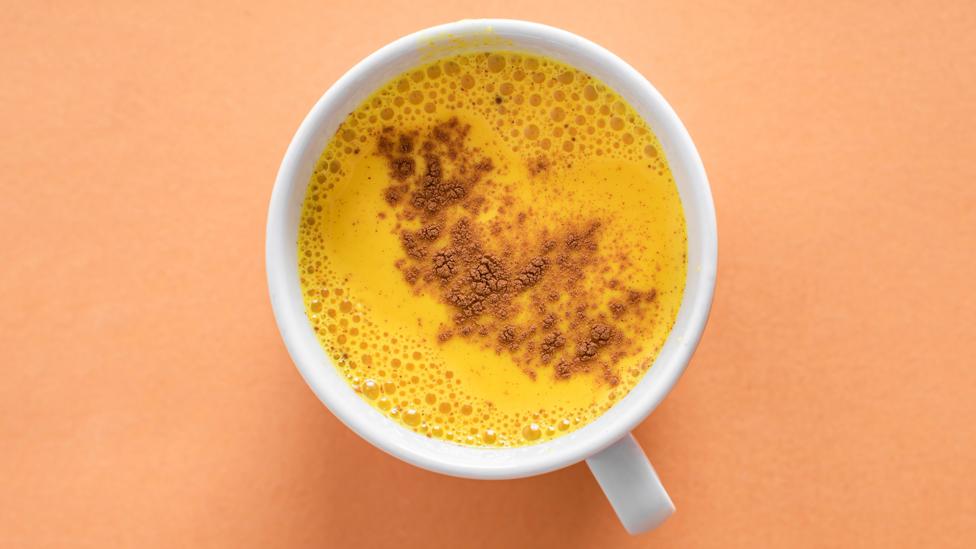
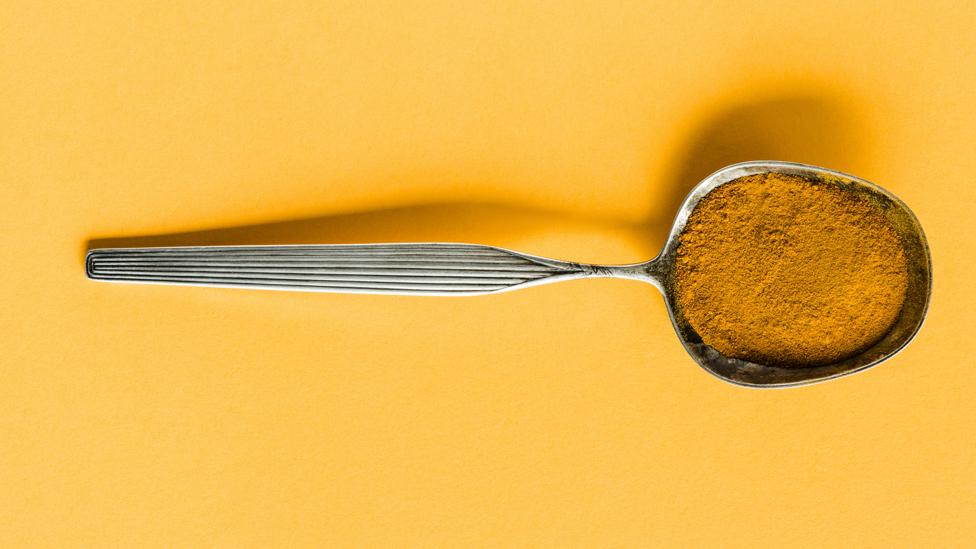
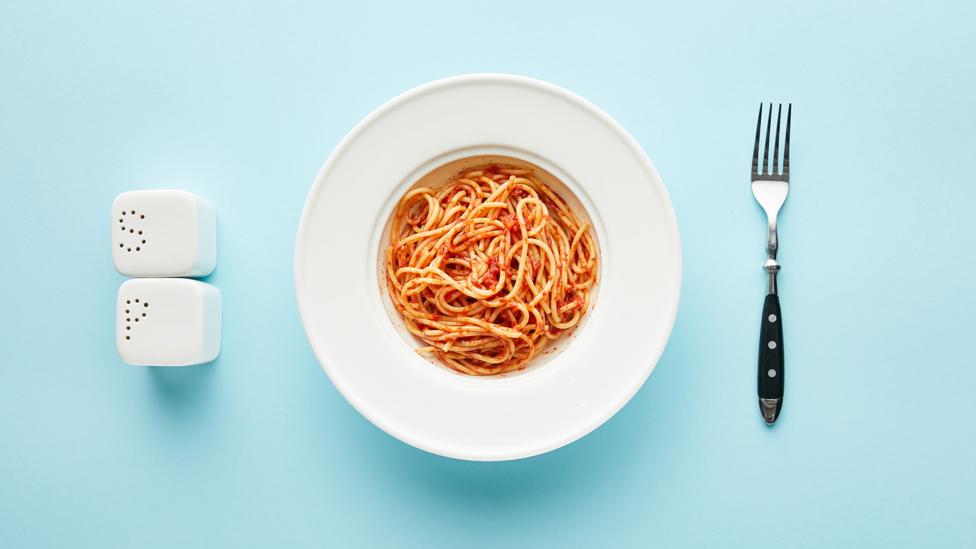
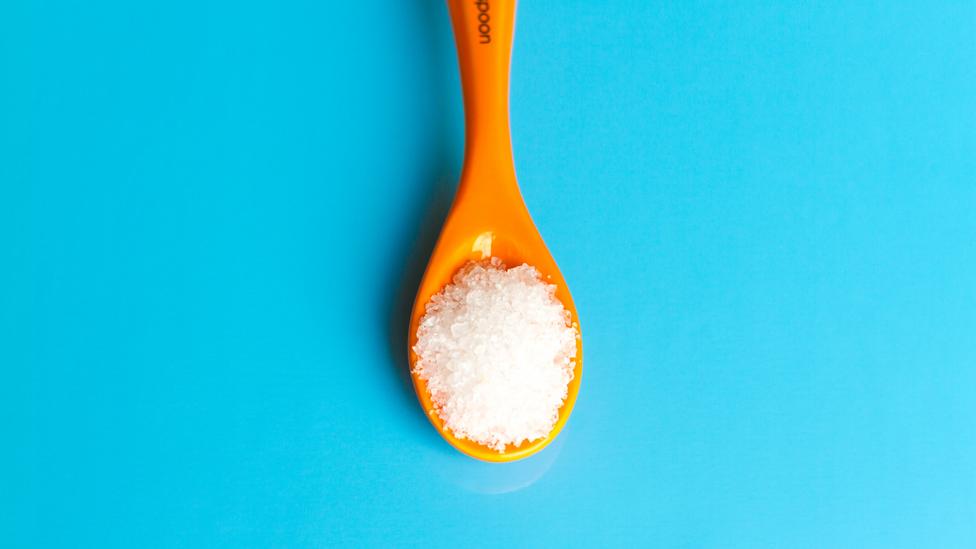
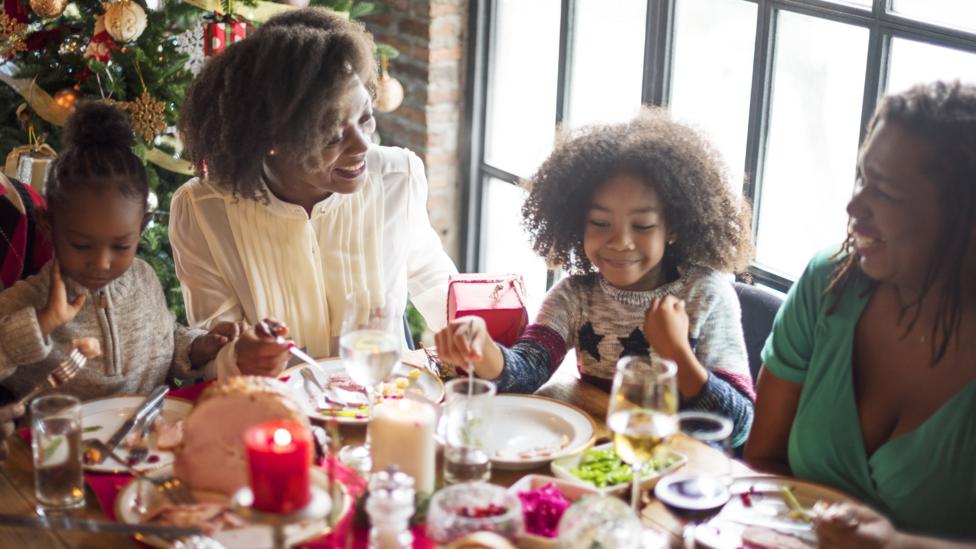
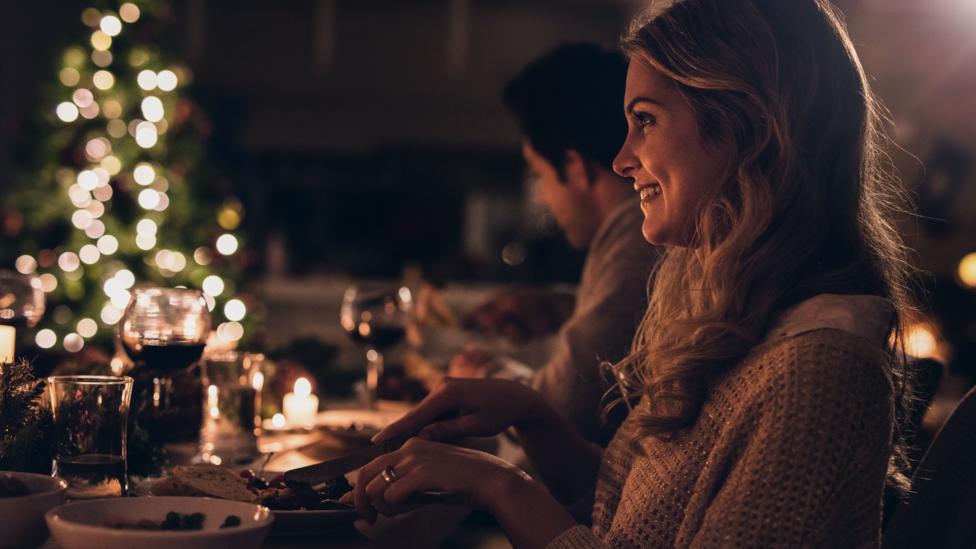

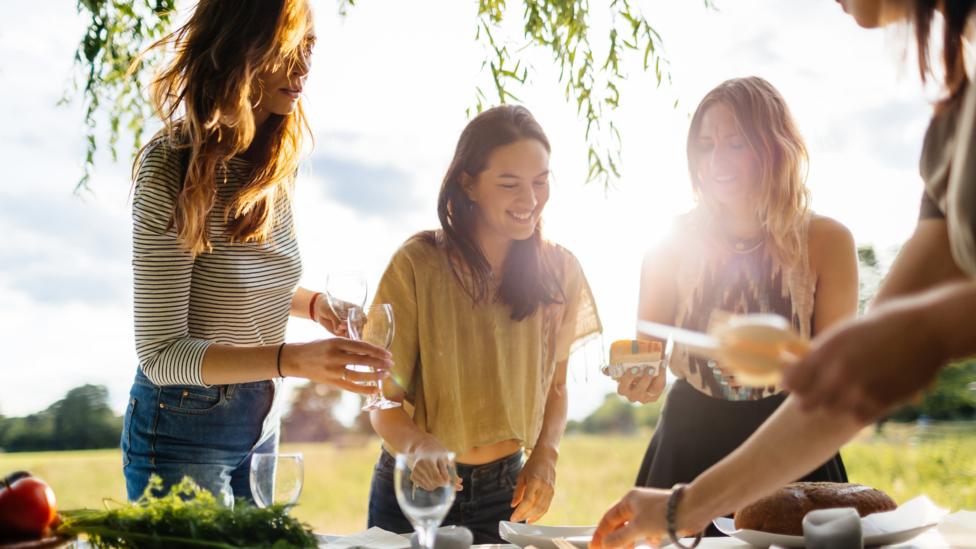





No comments:
Post a Comment